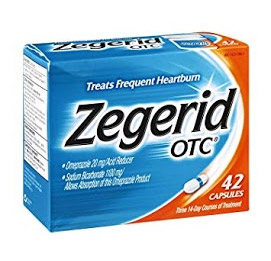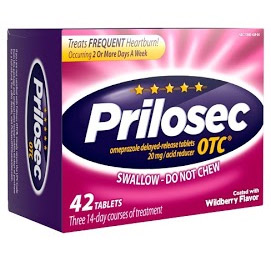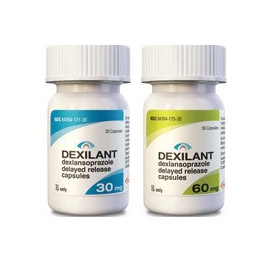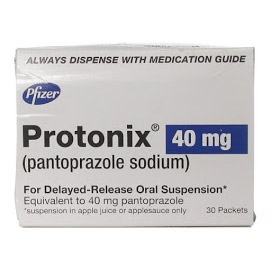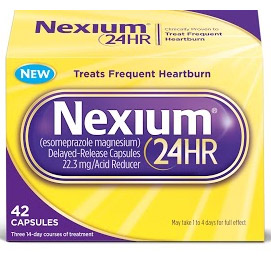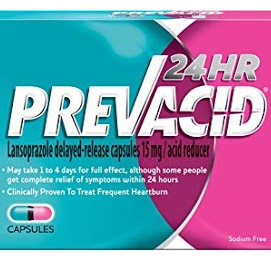Proton Pump Inhibitors
PPI Criteria
- Took one of the following medications
- Prilosec
- Nexium
- Prevacid
- Zegerid
- Yosprala
- Dexilent
- Aciphex
- Protonix
- Vimovo
- Suffered from any of the following injuries
- Esophageal cancer
- Liver cancer
- Stomach cancer
- No legal representation
PPI Background Information
Issues
A Stanford Medicine data mining study linked heartburn drugs to an increase risk of heart attack and Chronic Kidney Disease (CKD). PPIs have also been linked to acute kidney injuries, acute interstitial nephritis, and kidney or renal failure. Researchers found that people who take the medication to suppress the release of stomach acid are 16 percent to 21 percent more likely to suffer myocardial infarction.
MDL 2789
District of New Jersey, Judge Claire C. Cecchi. (On June 27, 2018 defendants agreed to toll SOLs to January 31, 2019 for federal claims and
May 31, 2018 for state court cases to provide plaintiffs additional time to investigate and review claims before actually filing suit. First bellwether cases are planned for 2020.)
Manufacturers
AstraZeneca, Pfizer, Proctor & Gamble, Takeda Pharmaceuticals, Novartis
Medications
Prilosec, Prevacid, Nexium, Dexilant, Protonix, AcipHex, Vimovo, Zegarid
Study
February 2016 – A new study published in the February 2016 issue of JAMA indicated a 20-50% increase in occurrence of CKD over baselines.
- More than 100 million prescriptions filled annually in US.
- Over 20 million users in the U.S., which is around one out of every 14 people. PPI’s have global annual sales of over $14 Billion a annually.
2017 study finds that PPI’s were linked to an increased risk of kidney disease and kidney failure, even in persons who did not experience an acute kidney injury (AKI) first. At least three recent studies have found that people on long-term PPI “maintenance therapy” were at three times the risk of developing gastric cancer.

